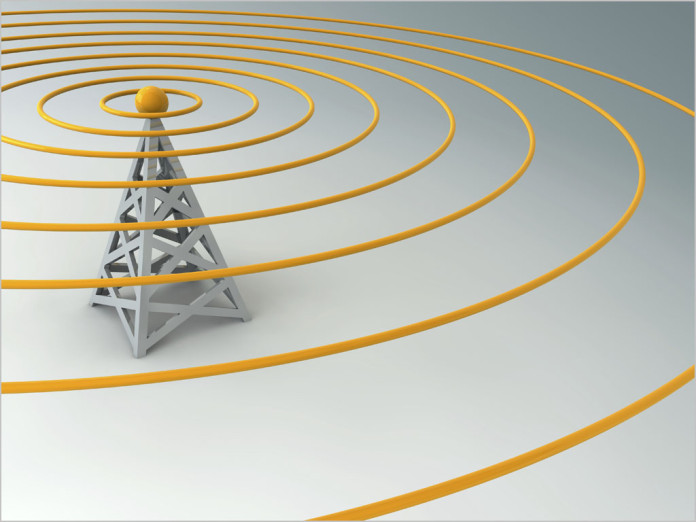
news Vodafone has completed a trial of Narrowband Internet of Things (NB-IoT) – a 4G technology that could make connecting devices to the internet more efficient.
NB-IoT is a low-power wide-area (LPWA) network technology that offers low-cost, and wide area coverage for products requiring long-range mobile connection, such as in basements.
It also offers low power consumption for devices not connected to a mains supply, meaning batteries need changing less frequently.
Vodafone Chief Technology Officer Benoit Hanssen said the successful network access trials took place at several live sites across central and suburban Melbourne.
The firm further explained in a statement that the wireless network access trials were carried out in late April with its radio technology partner, Huawei, and that more trials will be carried out in coming months across Australia.
“We’ve been able to achieve significantly greater coverage both in terms of distance and depth, compared to those offered by existing 2G, 3G and 4G technology,” Hanssen said.
Based on Vodafone’s testing in the Melbourne CBD, NB-IoT would be able to penetrate two to three double-brick walls, enabling connectivity of objects in underground carparks and basements, he explained.
The firm also achieved extended coverage during tests in suburban areas of the city, reaching distances of “up to 30 kilometres”.
“The benefits of NB-IoT include deeper and further coverage, up to 10 years battery life, increased scalability with up to 100,000 devices per cell and low cost of modem chipsets forecasted at less than $5,” said Hanssen
“We’re hearing a lot of hype about 5G at the moment but there is still plenty of mileage left in 4G, such as NB-IoT,” he said. “NB-IoT is an application of 4G designed specifically for products which require extended distance, depth and battery life.
Stuart Kelly, Vodafone’s Executive General Manager of Enterprise Business, said the firm was using its global expertise to benefit Australians.
“The opportunities NB-IoT will bring are endless, with enormous potential particularly for industries such as automotive, agricultural, health and utilities,” Kelly said. “The types of products we could see utilising this technology are gas and water metering, smart bins, alarms and detectors, and parking monitoring.”

HACKED.
IOT over LiFi , VLAN, Fibre. None of this white elephant insecure crap.
Comments are closed.